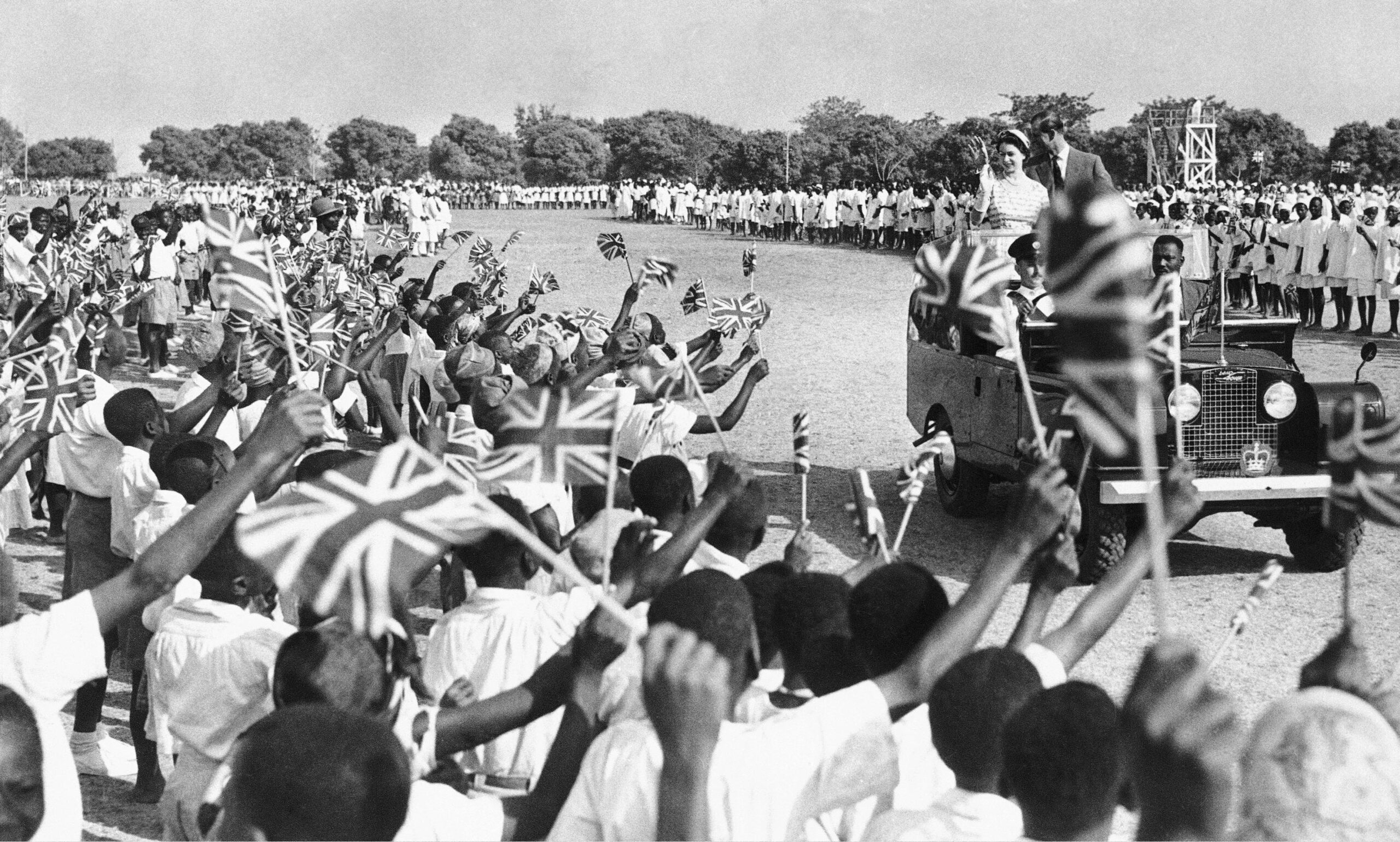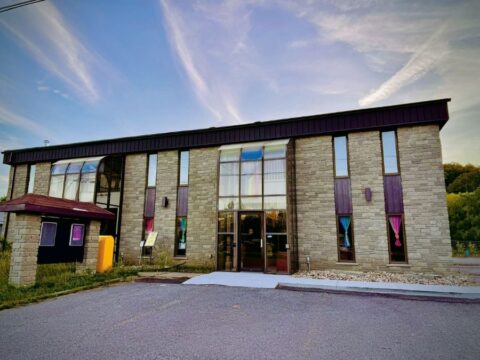On Friday, Sept. 23 in Nairobi, Kenya, a crowd gathered at a community centre for the opening of “Barbed Wire Village” — an exhibit by the Museum of British Colonialism, a joint initiative by volunteers in Kenya and the United Kingdom who aim to share truthful accounts of British colonialism.
The exhibit features reconstructed models of 1950s British concentration camps where Kenyans experienced horrific violence, including surveillance, forced labour, malnutrition, starvation, physical and sexual violence, and torture.
You may unsubscribe from any of our newsletters at any time.
Chao Tayiana, co-founder of the Museum of British Colonialism, said in a tweet that the museum’s work in documenting colonial violence is important despite what she calls “deliberate efforts to suppress [and] erase this history.”
Weeks after Queen Elizabeth II’s death, many in the Global South continue to discuss Britain’s legacy in its former colonies and in Commonwealth countries.
John Kamau, a historian who focuses on decolonizing Africa and the Caribbean, said that in recent weeks, people in the Global South have led critical conversations around the role of the monarchy in colonialism.
“People are saying…. the monarchy was the head of an institution that netted violence on the colonies, and over 70 years [of the Queen’s reign], there has never been any apology to the colonies,” Kamau said. “People are justified to voice their concerns.”
While the British government has apologized to Kenyans for the “Kenya Emergency” in the 1950s, the monarch has not.
Rikita Goel, a social activist who grew up in three former British colonies — India, Zambia, and Tanzania — before moving to Canada, said she was disappointed by media coverage of the Queen’s death in countries like the United States, Canada, and the United Kingdom.
“I was taken aback by the outpouring of grief that seemed to really erase what the monarchy represents for so many people,” Goel said. “Talking about the Queen as a fashion icon or as everyone’s mother or grandmother is an erasure of what the monarchy has done.”
For Goel, turning to social media — where people shared personal experiences and critiques of the monarchy — filled the gap left by mainstream media.
While some in the Global South turned to social media to share dark memes and ask in jest for national holidays to mourn, others shared their experiences with transgenerational trauma. Some explained how colonial legacies continue to influence life in former colonies, from the use of corporal punishment in Kenyan schools to Nigeria’s violent policing system.
EFF Statement On The Death Of Queen Elizabeth pic.twitter.com/YlBhG2uXno
— Economic Freedom Fighters (@EFFSouthAfrica) September 8, 2022
South African political party Economic Freedom Fighters released a statement the day Queen Elizabeth died detailing crimes of the British empire in the Global South, including enslaving people in the Caribbean and the massacres of Indigenous people in Australia.
“If there really is life and justice after death, may Elizabeth and her ancestors get what they deserve,” the statement read.
While some claim Queen Elizabeth was nothing more than a figurehead, Kamau said her role was more than symbolic.
“She’s the one who is the head of the state and the instruments of power are in a state, not with the government — and the prime minister works on behalf of the state,” he explained. Because of this, people directing criticism towards the Queen are saying, “she’s not just a figurehead — she’s the head.”
When BBC Africa shared a video about the Queen’s “long-standing relationship with Africa,” Africans accused the broadcaster of “rebranding colonialism.” In response to the public outcry, the BBC asked commenters to be respectful and stated it would delete offensive comments.
More on Broadview:
- ‘This House is Not a Home’ tells a moving story of Indigenous dispossession
- Bill Blaikie’s death marks the passing of a great social gospel politician
- I stumbled across Christianity’s first queer icon — two and a half decades too late
Others online feared reprisal for their opinions. Some Africans warned others that the U.K. asks visa applicants for their social media handles, worried that their perspectives about the Queen’s passing would lead to visa rejections. The U.K. has previously faced criticism for denying Africans visas at twice the rate of applicants from other parts of the world.
And despite fierce public opposition, many political figures in the Global South expressed their condolences following the Queen’s death, including South African president Cyril Ramaphosa, Nigerian president Muhammadu Buhari, Jamaica’s prime minister, Andrew Holness, and Indian president Rashtrapati Bhavan.
As King Charles III takes the throne, Kamau said there is an opportunity to “modernize the monarchy” by issuing apologies and reparations.
But given the British government and Royal family’s alleged refusal to resolve claims with survivors of British colonial violence, such as in the case of Kenya’s Kipsigis and Talai clans who experienced land theft and were forced to live in British-run detention camps, Kamau said he is not hopeful the King will take action to repair crimes Britain committed.
“Silence will not help a monarchy — wishing that those issues will go away. I think we have to take them head-on,” he said. “It’s going to open a can of worms. I know they [the Royal family] fear that.”
***
Jacky Habib is a freelance journalist based in Nairobi, and reporting about humanitarian issues, social justice, and women’s rights. You can follow her on Twitter @jackyhabib or read more of her work at www.jackyhabib.com.















Broadview felt a need to publish this article because it received so much backlash from the moderator’s insensitive comments about the queen. The writer of this article highlights the South African EFF as some sort of guardian of justice. Here is what the leader of the EFF actually said about the deceased queen Elizabeth, “If there really is life and justice after death, may Elizabeth and her ancestors get what they deserve. Kenya has been an independent country since 63. It has contemporary problems that colonialism did not spawn. Tell us about these if you must.
Your Moderator has shown a complete lack of Christian leadership after The Queen’s death. The Church’s statement was… let’s move on. Instead of laying the issue to rest you double down on woke approach and publish this piece together with the EFF tweet. Zero nuance or attempt at objectivity. Really? Do you have no other things to write about? But I guess you get points for virtue signaling.